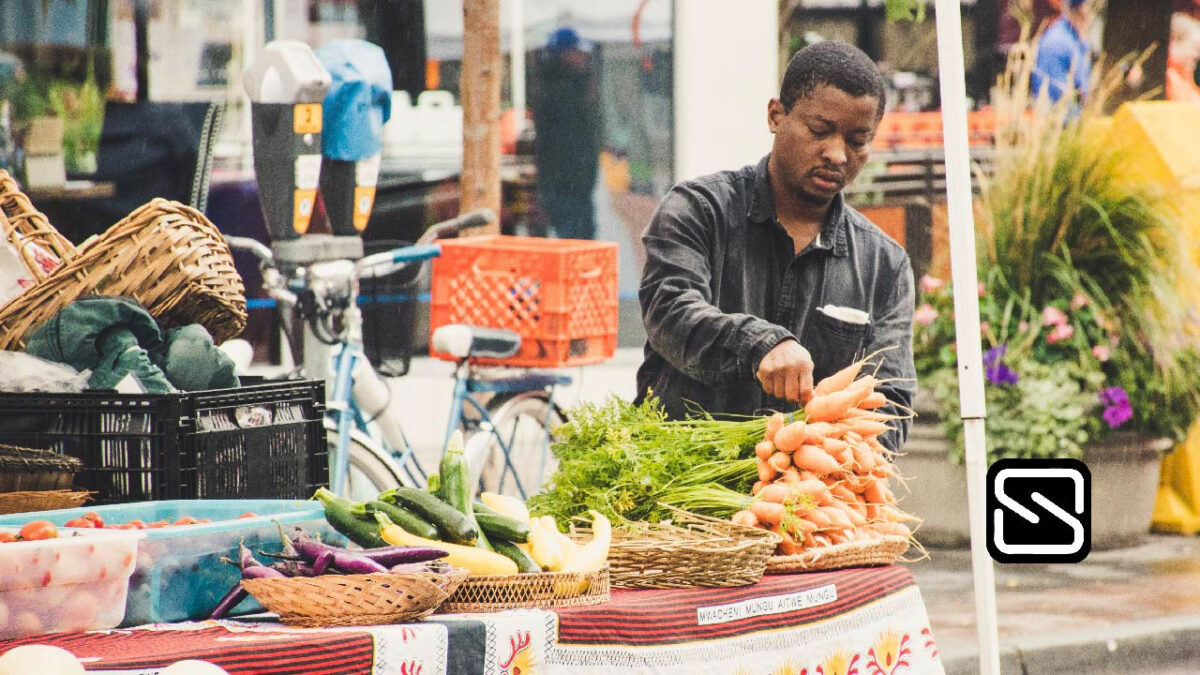Millions of people in Africa and worldwide (about one in three people) suffer from food insecurity. As blockchain technology changes our world, this is inevitably one of the greatest challenges that new developments can be driven towards addressing. Here is how KamPay intends to address food insecurity.
KamPay is a company dedicated to creating an economic revolution by harnessing the different features of blockchain. The company intends to enable smallholder farmers to be at the centre of the financial ecosystem surrounding their produce.
Smallholder farmers in Africa are typically disconnected from the rest of the food production value chain and thus often either do not know or have no control over the final price of their produce.
KamPay hopes to directly empower smallholder farmers and the company CEO Chris Cleverly is quoted saying,
“I am incredibly excited to see millions of Africans benefit from the current technological revolution. It is important to embrace and not be afraid of technological innovation. From the steam train to mobile phones, tech has always enabled global advancement.”
With 400 million people having mobile phones without internet in Africa, KamPay is working on a system to enable anyone with a mobile phone to access its blockchain services directly via SMS commands.
The technology is currently in its Beta testing phase and is expected to launch within the next year to enable farmers to know where, for what price, and how much of their products are ultimately sold.
KamPay has partnered with Agri-Fintech company, Tingo Mobile which has a customer base of 10 million currently, to tap into this base with subsequent expansions to follow.
Cleverly believes this tech will be game-changing for Africans, especially smallholder farmers who will be able to rely on sophisticated and proven technology to sell their goods, communicate with buyers and assess live market conditions
The company also has an existing partnership with African Grain & Seed (AGS) to provide micro-lending to 50,000 rural farmers in Zimbabwe. KamPay sets up wallets and ensures that funds are properly allocated.
As 57% of the population across Africa does not have access to a traditional bank account, KamPay is looking to provide a low cost, secure and convenient wallet service that smallholder farmers can rely on.
Blockchain’s immutability features on KamPay will also help curb food fraud which, according to the UN Food and Agriculture Organisation (FAO), costs the global economy about $40 billion annually.
Food fraud refers to any deliberate action (or inaction) to deceive customers about the quality and contents of the foods they are purchasing.
With blockchain, it will be easier to trace where issues arise in the food supply chain so that they can be addressed for the benefit of both the consumers and farmers.
